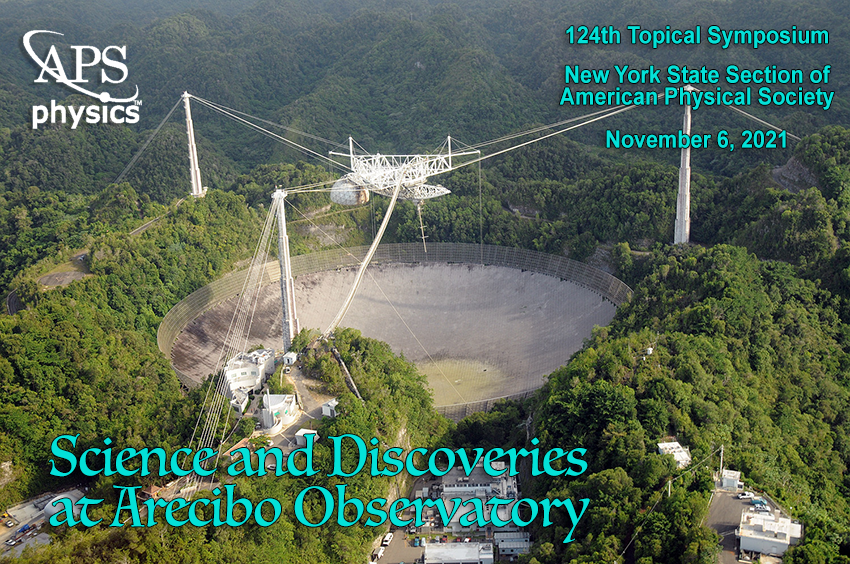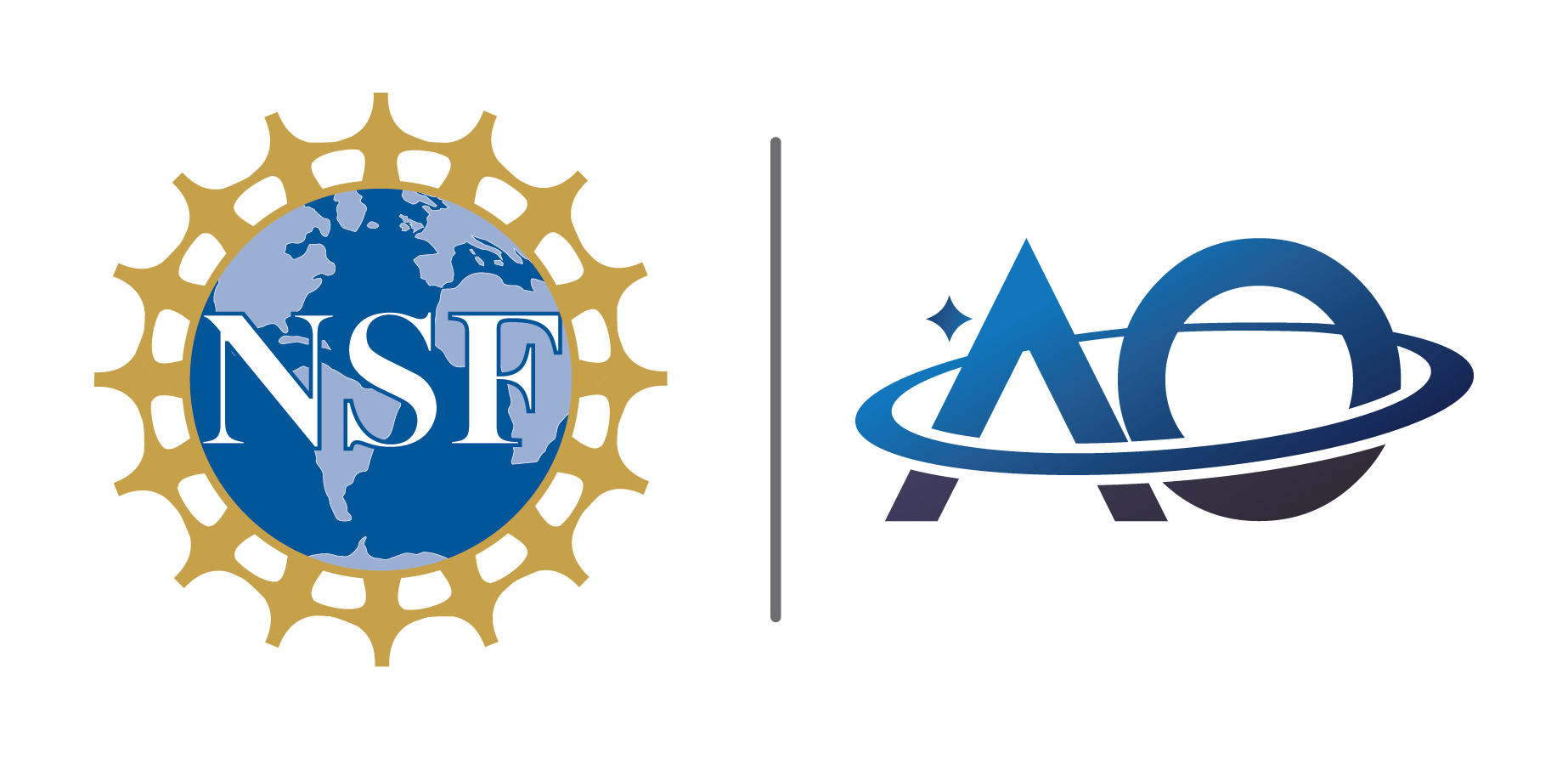- Leter from Dr. Julie Brisset (Principal Investigator of the Arecibo Observatory)13 Sep, 2022
- Arecibo Deputy Principal Scientist to Explore the Cosmos with the JWST02 Sep, 2022
- Letter from the Director22 Aug, 2022
- Piercing through the Clouds of Venus with Arecibo Radar17 Aug, 2022
- Summer greetings from the Facilities and Operations Team!17 Aug, 2022
- Arecibo Observatory at the Small Bodies Assessment Group12 Aug, 2022
- Meet the 2022 Arecibo Observatory REU students!11 Aug, 2022
- Meet Luis R. Rivera Gabriel, Research Intern in the Planetary Radar Group09 Aug, 2022
- Updates from the 2022 CEDAR Workshop in Austin, TX09 Aug, 2022
- Insights into the AAS Conference from AO Analyst Anna McGilvray08 Aug, 2022
- American Astronomical Society’s 240th Meeting: Plenary Lecture Building the Future of Radio Science with the Arecibo Observatory by Dr. Héctor Arce. 28 Jul, 2022
- TRENDS 202227 Jul, 2022
- Advancing IDEA in Planetary Science 27 Jul, 2022
- The Arecibo Observatory: An Engine for Science and Scientists in Puerto Rico and Beyond27 Jul, 2022
- Cryogenic Frontend work for the 12m telescope entering phase II21 Jul, 2022
- Remote Optical Facility Updates20 Jul, 2022
Topical Symposium: Science and Discoveries at Arecibo Observatory
Byadmin15 December 2021 Astronomy

| Interdisciplinary |
The 2021 joint meeting of the New York State Section of the American Physical Society and the Astronomical Society of New York was a topical symposium titled “Science and Discoveries at the Arecibo Observatory”.
The symposium featured five presentations showcasing the Arecibo Observatory’s history, its future, and the major discoveries it enabled within the three focus areas of Arecibo science: Astronomy, Planetary Science, and Space & Atmospheric Science.
The speakers were a mix of scientists who currently or previously have worked at the observatory, including Dr. Allison Smith (Arecibo Observatory), Dr. Michael Sulzer (Arecibo Observatory), Dr. Michael Nolan (University of Arizona), Dr. Noemí Pinilla-Alonso (University of Central Florida), and Dr. Tracy Becker (Southwest Research Institute).
“The organizers felt it was critical to highlight the accomplishments of Arecibo as a national observatory, especially one that was managed in New York State for decades and used by so many New York State scientists,” says Dr. Rebecca Koopmann of Union College, one of the organizers of the event.
The audience of over 70 people was composed mainly of professional physicists, astronomers, and engineers from New York and adjacent states, many of whom are faculty and students from universities and colleges. Because the event was virtual, additional interested attendees from across the U.S. were able to view the presentations
“We hope that the attendees have an even greater appreciation of the many accomplishments in diverse fields made possible by Arecibo, and that they have an understanding of what was lost when the telescope collapsed,” says Dr. Koopmann.
Dr. Allison Smith, a scientist at Arecibo and a speaker and organizer for the event, agrees. “I hope the participants gleaned that although the telescope was operating for nearly 60 years, the repeated upgrades it underwent and its general versatility kept it scientifically relevant right up until the collapse.”
Both scientists emphasize how important it is that the scientific community thinks towards the future of the Arecibo Observatory.
“A year after the collapse, there are still no concrete plans to replace the majority of the capabilities that our communities lost, but this is something we have to keep working towards,” says Dr. Smith.
The Joint Meeting was organized by:
Dr. Allison Smith, Arecibo Observatory, allisonjanine@gmail.com
Dr. Rebecca Koopmann, Union College, koopmanr@union.edu
Dr. Samuel Amanuel, Union College, amanuels@union.edu
Dr. Cecilia Levy, U. Albany, clevy@albany.edu
Dr. Joseph Ribaudo, Providence College, jribaudo@providence.edu
Dr. Charles Liu, College of Staten Island, Charles.Liu@csi.cuny.edu

